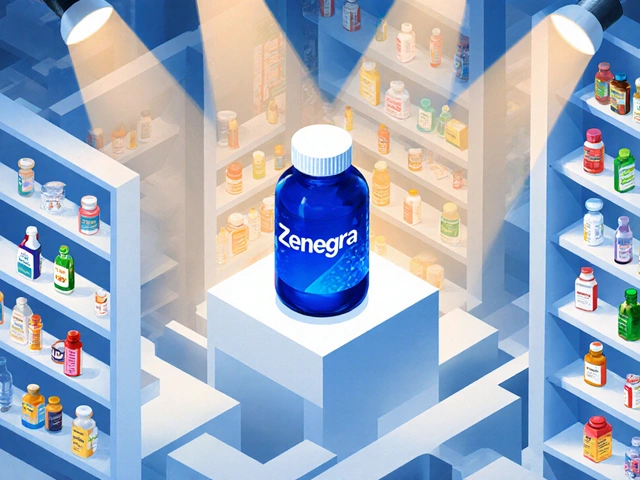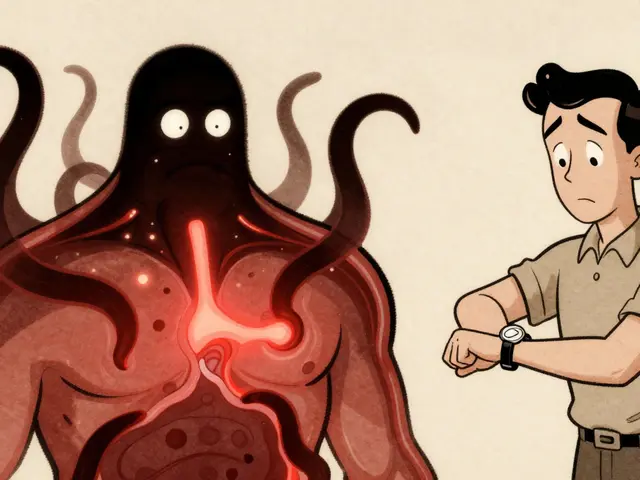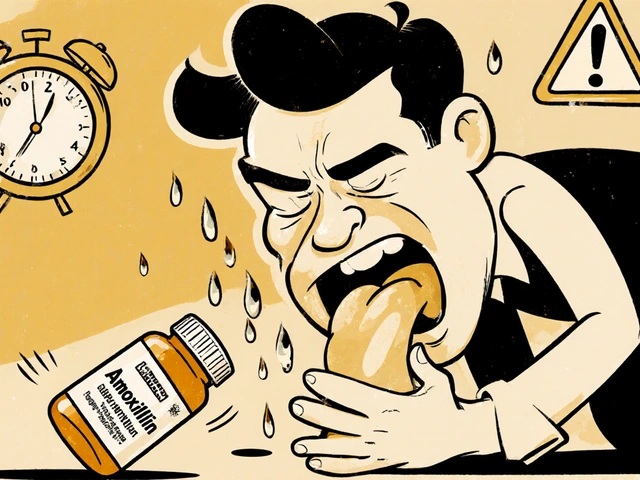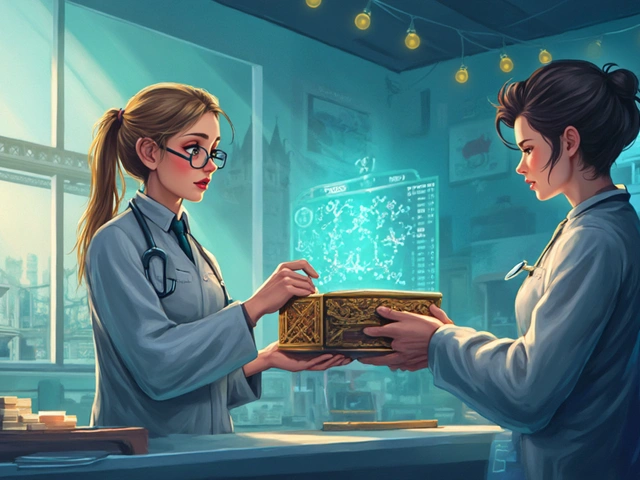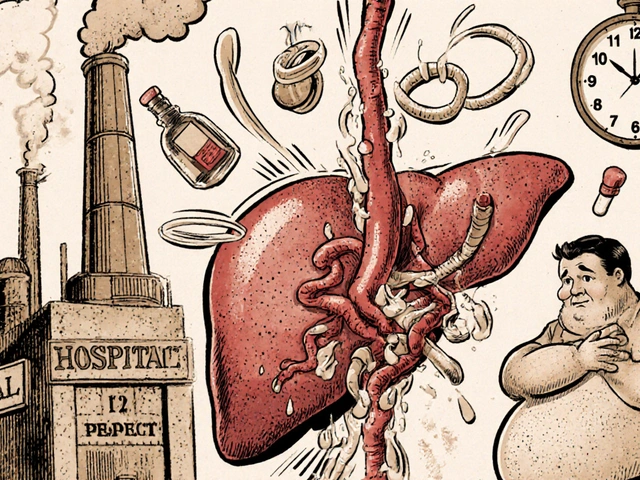CBD Guide: Benefits, Uses, Safety Tips & More
People keep hearing about CBD, but most don’t know the basics. CBD stands for cannabidiol, a compound found in cannabis plants that doesn’t get you high. It’s become popular for everything from easing aches to calming nerves. If you’re thinking about trying it, you’ll want the facts fast – what it does, how to take it, and what to avoid.
What is CBD?
CBD is one of more than a hundred cannabinoids in the hemp plant. Unlike THC, it has no psychoactive effect, so you stay clear‑headed. The body’s endocannabinoid system, which helps regulate mood, pain, sleep, and immune response, interacts with CBD. When you take CBD, it can boost the natural signals that keep those systems balanced. Most products are sold as oils, capsules, gummies, or topicals, and they’re made from hemp that contains less than 0.3% THC, which is the legal limit in many countries.
Safe Ways to Use CBD
Start low and go slow. A common tip is to begin with 5‑10 mg of CBD and watch how you feel for a few days. If you need more relief, increase the dose by 5 mg at a time. Choose products that show a third‑party lab report – that’s proof the label matches the actual content. When you buy oil, look for a clear “full‑spectrum” or “broad‑spectrum” label, depending on whether you want a small amount of THC or none at all. For quick relief, sublingual drops (under the tongue) work fast, while gummies give a steadier, longer‑lasting effect.
Mixing CBD with certain meds can change how those meds work. It’s especially important to check with a pharmacist or doctor if you’re on blood thinners, anti‑seizure drugs, or anything that affects liver enzymes. Most side effects are mild – dry mouth, light dizziness, or a little tummy upset. Those usually disappear as your body adjusts. If you notice anything serious, stop using CBD and talk to a health professional.
Where you store your CBD matters, too. Keep it in a cool, dark place to protect the oils from breaking down. Heat and sunlight can reduce potency, so a pantry shelf works better than a sunny windowsill. Also, remember that quality varies. Brands that sell cheap, untested products often cut corners, and you might end up with less CBD than promised or hidden chemicals.
Bottom line: CBD can be a helpful tool for pain, stress, and sleep, but it works best when you choose a reputable product, start with a low dose, and pay attention to how your body reacts. Use the tips above, stay informed, and you’ll get the most out of your CBD experience without unwanted surprises.

